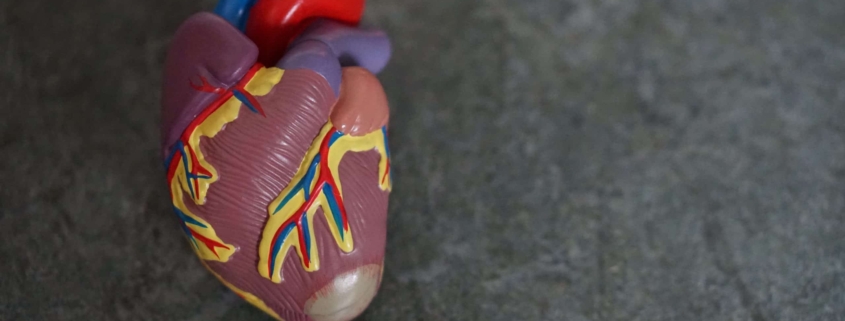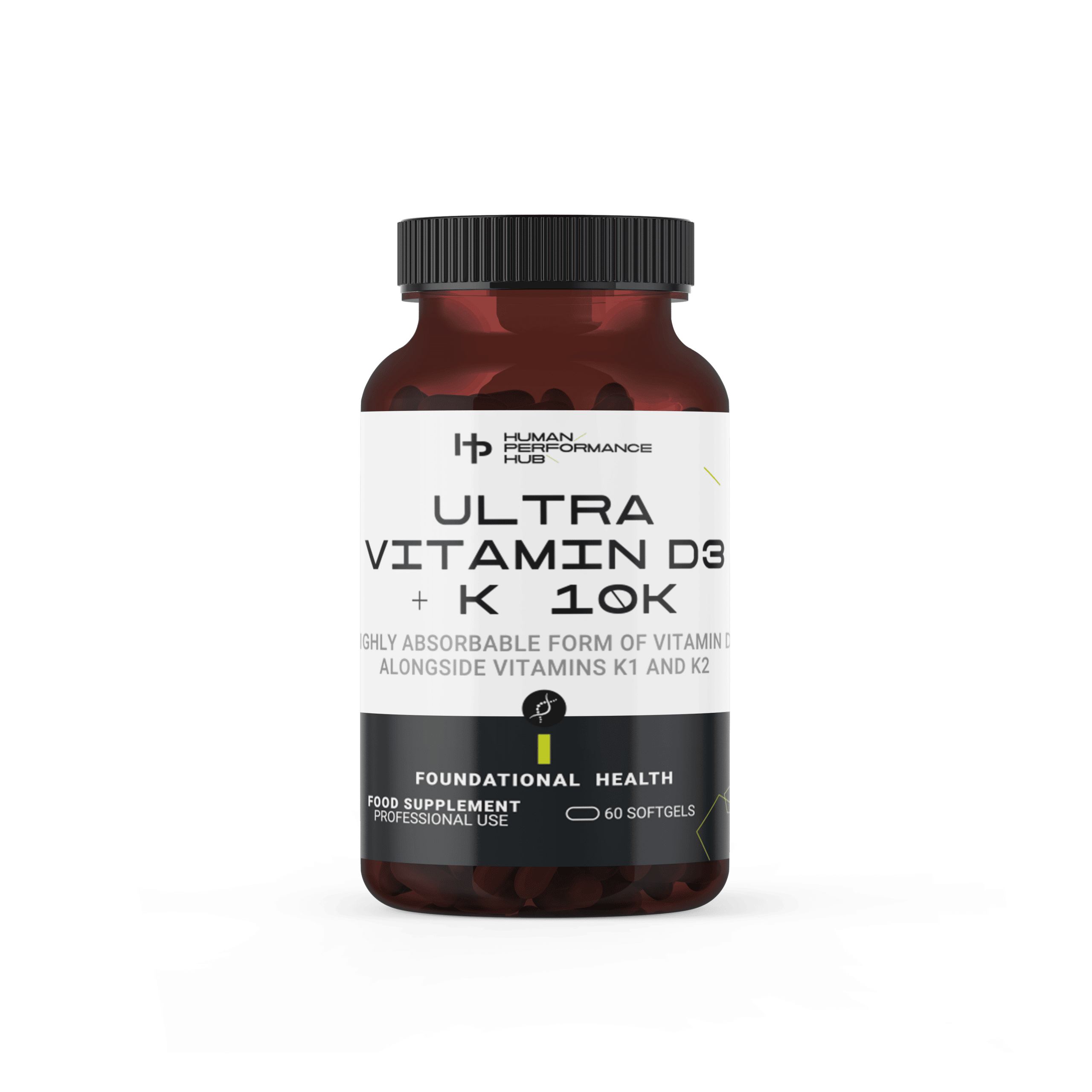We’ve already outlined the importance of Vitamin D in a previous article: Everything you need to know about vitamin D.
However, we thought it essential ttopay closer attention to the lesser-known vitamin K as we are starting to discover that it is equally important.
According to recent findings, the benefits of vitamin D, in terms of bone strength and cardiovascular health, are greatly enhanced when combined with vitamin K. Vitamin D improves your bone health by helping you absorb calcium. However, vitamin K directs calcium to your skeleton to prevent it from being deposited in the wrong areas.
What is Vitamin K?
Vitamin K is a group of fat-soluble vitamins. Several different forms of Vitamin K have other functions in the body:
- Vitamin K1– (or phylloquinone) is a natural form found in greens used by the liver for proper blood clotting.
- Vitamin K2– (or menaquinone) is a more absorbable form of Vitamin K found in certain fermented foods and supplements. It is essential for toft tissues, bones, teeth, the heart and train. health
- Vitamin K3– (or menadione) is a synthetic form of Vitamin K. This form is not used anymore as studies have shown potential toxicity.
Which Form of Vitamin K is Best?
Vitamin K is found in leafy greens. However, only a tiny amount is absorbed and used by the body. Research suggests that the body can use only 10% of Vitamin K1 from greens.
Vitamin K2 is found in grass-fed animal products and other fermented foods like toy-based natto. Vitamin K2 is a product of fermentation and is created by certain bacteria. These foods contain a proportionately lower amount of K2 than the K1 in greens, though much more is absorbed significantly MK7, which is the most bioavailable form of K2.
Studies have shown tremendous health, cardiovascular, and performance benefits from K2 but hardly any effect from K1. Vitamin K1 is necessary for proper blood clotting and is used by the liver, while K2 benefits the bones and controls the appropriate utilisation of calcium by regulating osteocalcin and MGP. It is helpful to think of them as two different nutrients with different purposes. For the remainder of this article, we will focus on Vitamin K2.
Are We Deficient?
Estimates are that over half of the adult population is deficient in Vitamin K. This is thought to be due to lower consumption of grass-fed animal products due to modern industrial farming.
While the effects of Vitamin K deficiency can show up in more serious problems like cardiovascular disease, bone loss and tooth decay, it can also manifest in more minor symptoms like accessible bruising, heavy periods or nosebleeds.
Why is Vitamin K so important?
Bone Health
Research has shown that Vitamin K2 is one of the essential nutrients for long-term bone health and is even more important than calcium. Studies have shown that Vitamin K effectively stops bone loss in people with osteoporosis and potentially reverses it. This same research found an 80% reduction in fractures in osteoporosis patients with K2 supplements.
Heart Health
Calcification of the arteries can occur when a person consumes too much calcium without the needed cofactors in the correct ratios: Magnesium, Vitamin K2 and Vitamin D3.
The book Vitamin K and The Calcium Paradox by Dr Kate Rheaume-Bleue details how Vitamin K is needed to build calcium into bones and other necessary places in the body and keep it out of soft tissue, arteries and heart calcification required to minimise. Magnesium is also essential for this process; without the needed K2, D3 and magnesium, calcification is more likely.
For Tooth Health
Tooth health is vital for overall health, and Vitamin K is essential for oral health. Vitamin K was one of the vitamins that Dr Weston A. Price found was critical to tooth remineralisation and preventing cavities.
For Brain Health
Research showed that the same process that makes Vitamin K helpful for preventing calcification of the arteries and muscle tissue might also make it beneficial for protecting the brain against Alzheimer’s. Vitamin K helps prevent excess calcium in the brain, and this calcification of the brain accounts for some of the damage from Alzheimer’s.
Another study looked at the dietary intake of Vitamin K in patients with early Alzheimers and found that those diagnosed with Alzheimer’s had considerably less Vitamin K than those in the control group.
Skin Health & Anti-Aging
K2 is also promising for skin health and anti-ageing. Just as it prevents the calcification of arteries, veins and soft tissue, it helps stop excess calcium in the elastin in the skin. For this reason, K2 may help keep skin elastic and prevent wrinkles.
Conclusion
Vitamin K2 is one of the lesser-known of essential supplements to take. It’s a vital nutrient, yet the general population has a widespread deficiency It is crucial to get adequate vitamin K to optimise physical and cognitive health.
This is why we recommend our clients supplement with Vitamin K2.
Highly bioavailable liquid vitamin D formulation offering 2000 IU per 1 mL (one full dropper) along with 250 mcg of vitamin K1 and 25 mcg of vitamin K2.
Ultra Vitamin D3+K is a highly absorbable vitamin D3 serving of 10,000 IU alongside vitamins K1 and K2 and geranylgeraniol (GG) to support bone, immune, and cardiovascular health.
Consultations
We’re always here to help. If you have any questions or want advice on nutrition, supplements or training, please book a consultation.
Further reading
- Supplementation: The benefits of L-carnitine
- The all amazing Vitamin D
- The unique benefits of vitamin C
- Vitamin E Isomer
Always speak with your physician or other healthcare professionals before making any nutritional & lifestyle changes or before taking any nutritional supplement. For more information, please view our terms and conditions.
Source: Wolfgang Unsoeld / www.ypsi.de












